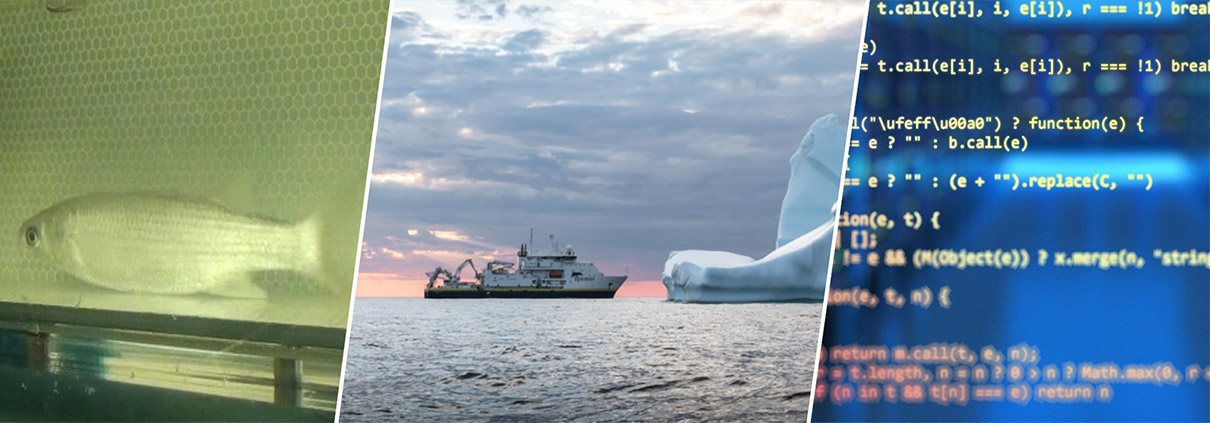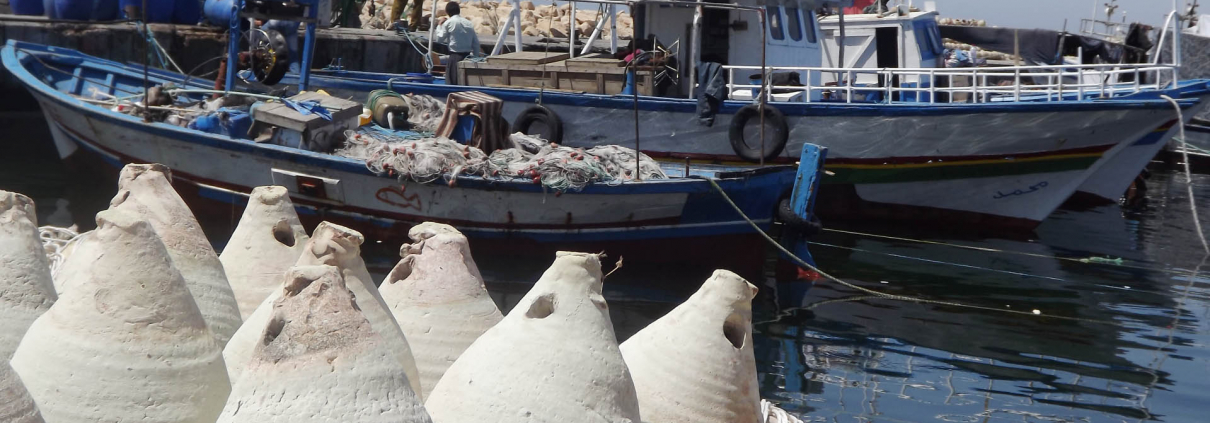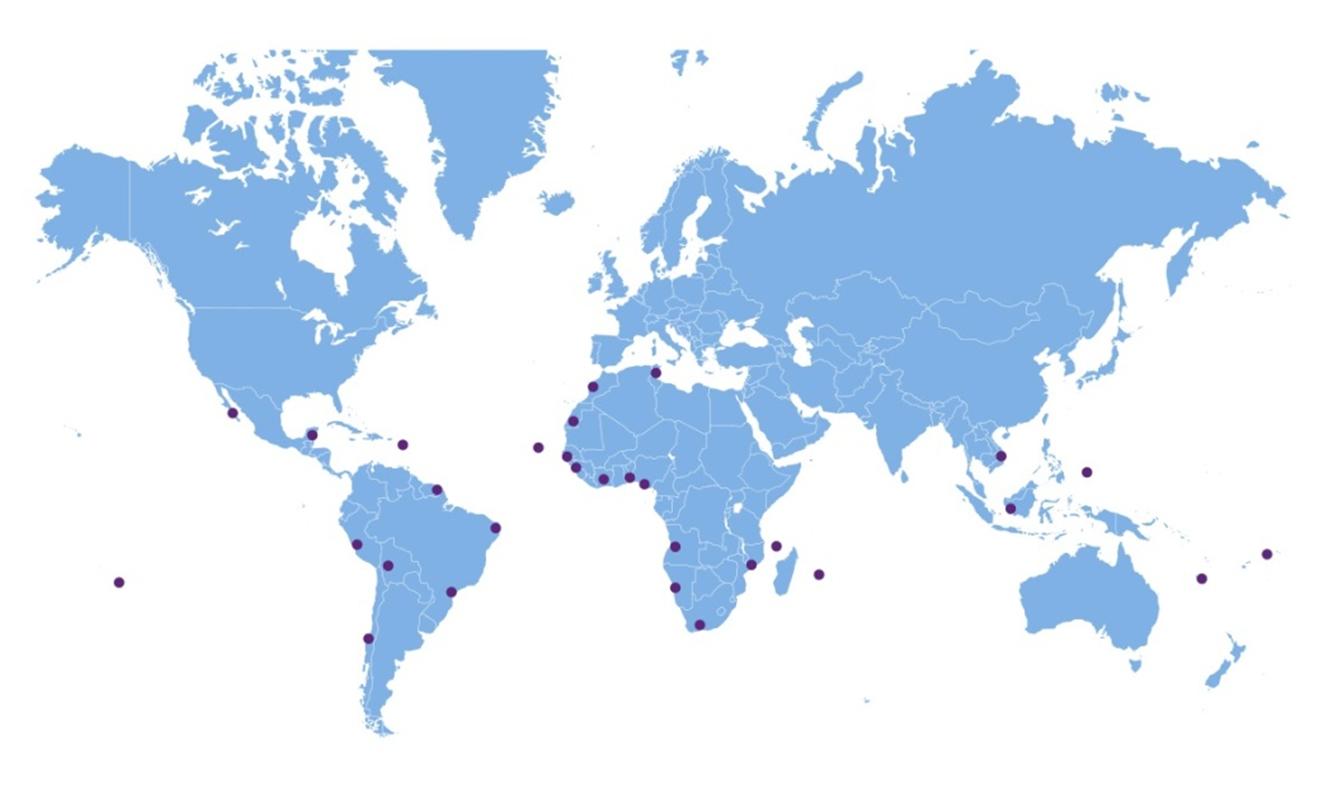COUPLAGE
Context
Understanding the functioning of marine ecosystems relies on the study of large-scale (e.g. climate), (sub-)mesoscale (e.g. ocean dynamics), and local (e.g. microenvironment) forcings as well as on the study of natural and anthropogenic environmental variations (e.g. temperature, pH, salinity, light, nutrients, oxygenation, pollutants…). Understanding the effects of these forcings at different levels of integration (from the individual to the communities, through biogeochemical cycles) relies in part on the combination of three methodological approaches: in situ observation, experimentation and modeling, often implemented in a decoupled manner, sometimes due to the lack of a common language between specialties, to the lack of anticipated dialogue, or due to problems of cross-scale transfer.
Objectives
To boost scientific exchanges by involving LEMAR modellers, experimenters and observers in:
- Strengthening interdisciplinary and methodological synergy on coupling approaches, involving approaches at different spatial and temporal scales.
- Promoting interactions between researchers from the three LEMAR teams.
- Serving as an incubator of ideas and supporting the realization and emergence of co-constructed projects
- Bringing out new collaborations with people outside LEMAR (by organizing seminars, workshops…).
Themes
- Impacts of biotic and abiotic environmental stresses; from the sub-individual to populations and communities
- Population dynamics: competition, predation, connectivity, etc.
- Biogeochemistry and matter transfers at different scales and interfaces
- Paleoecology, climate scenarios
- Socio-ecosystems
Animation
Hélène Planquette (Chibido, CNRS), Yoann Thomas (Discovery, IRD), Marie Vagner (Panorama, CNRS)
- One meeting per quarter to discuss projects in progress or under construction, feedback, …
- Relay of information on events (training, workshops, etc.).
- Organization of workshops open to other laboratories.
Research projects integrating the coupling of approaches
IROCWA, OBSALOUM, SOLAB, BIIM, OMEGA, MEIHL, SEAWISE, SEALEX ……







